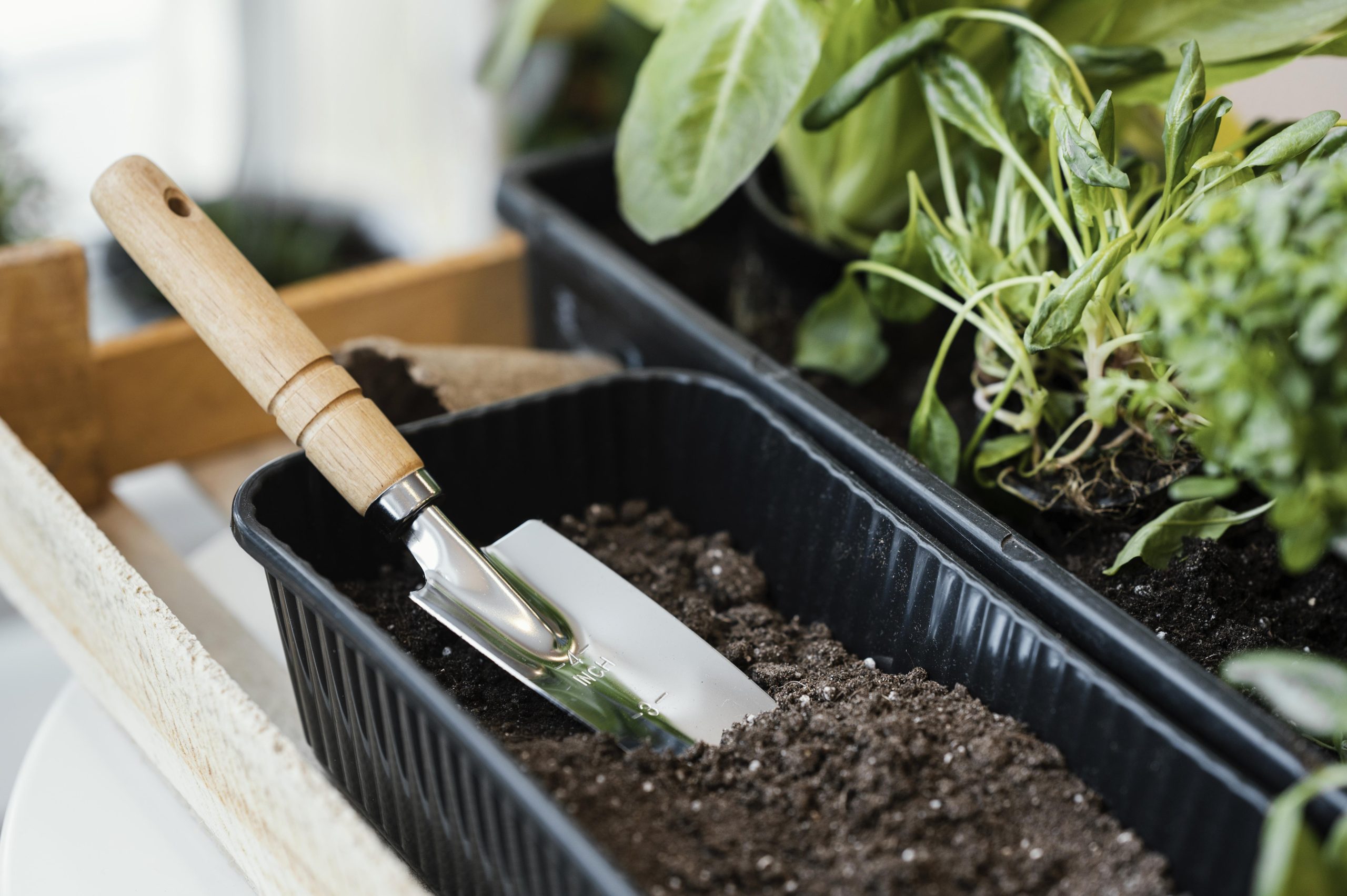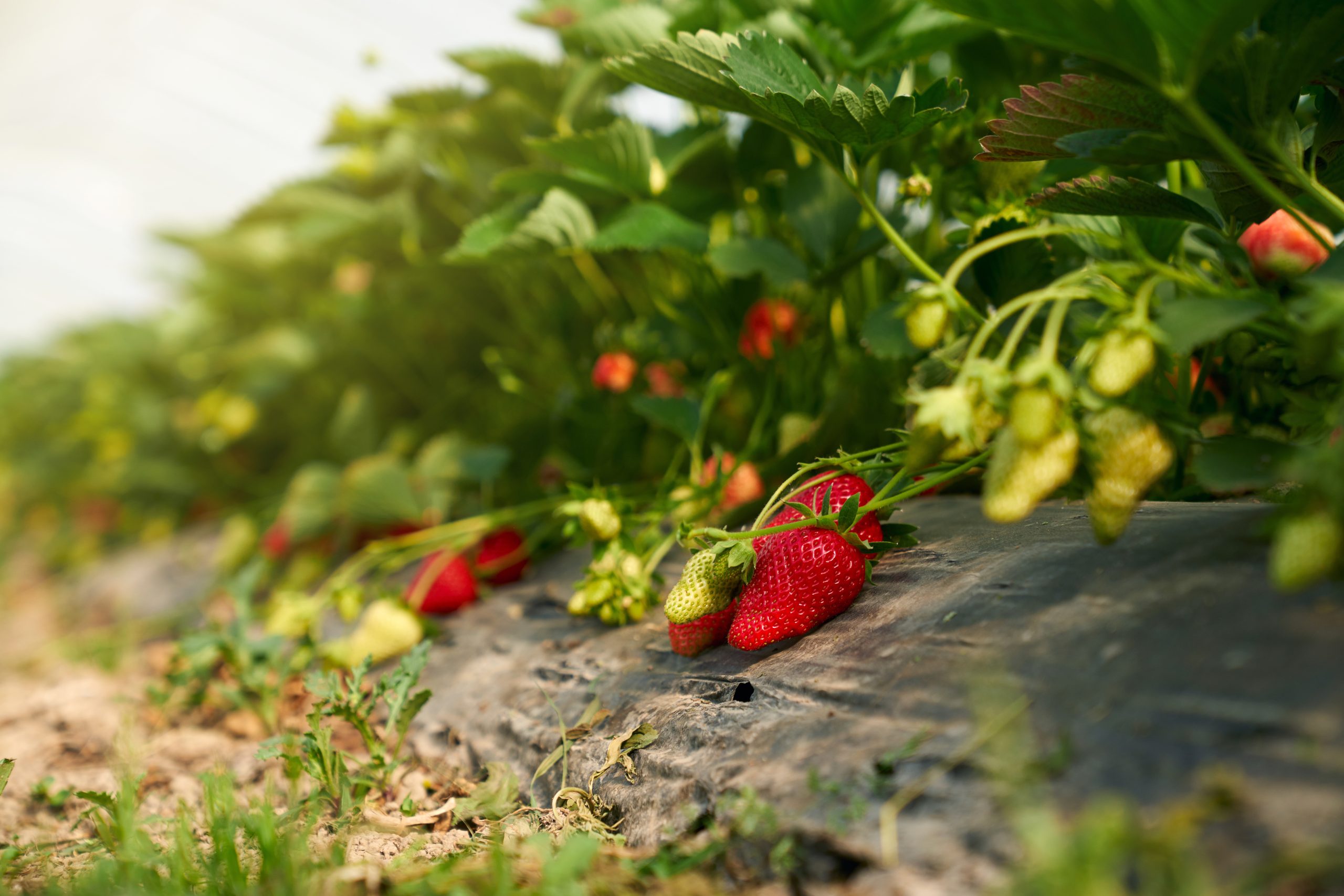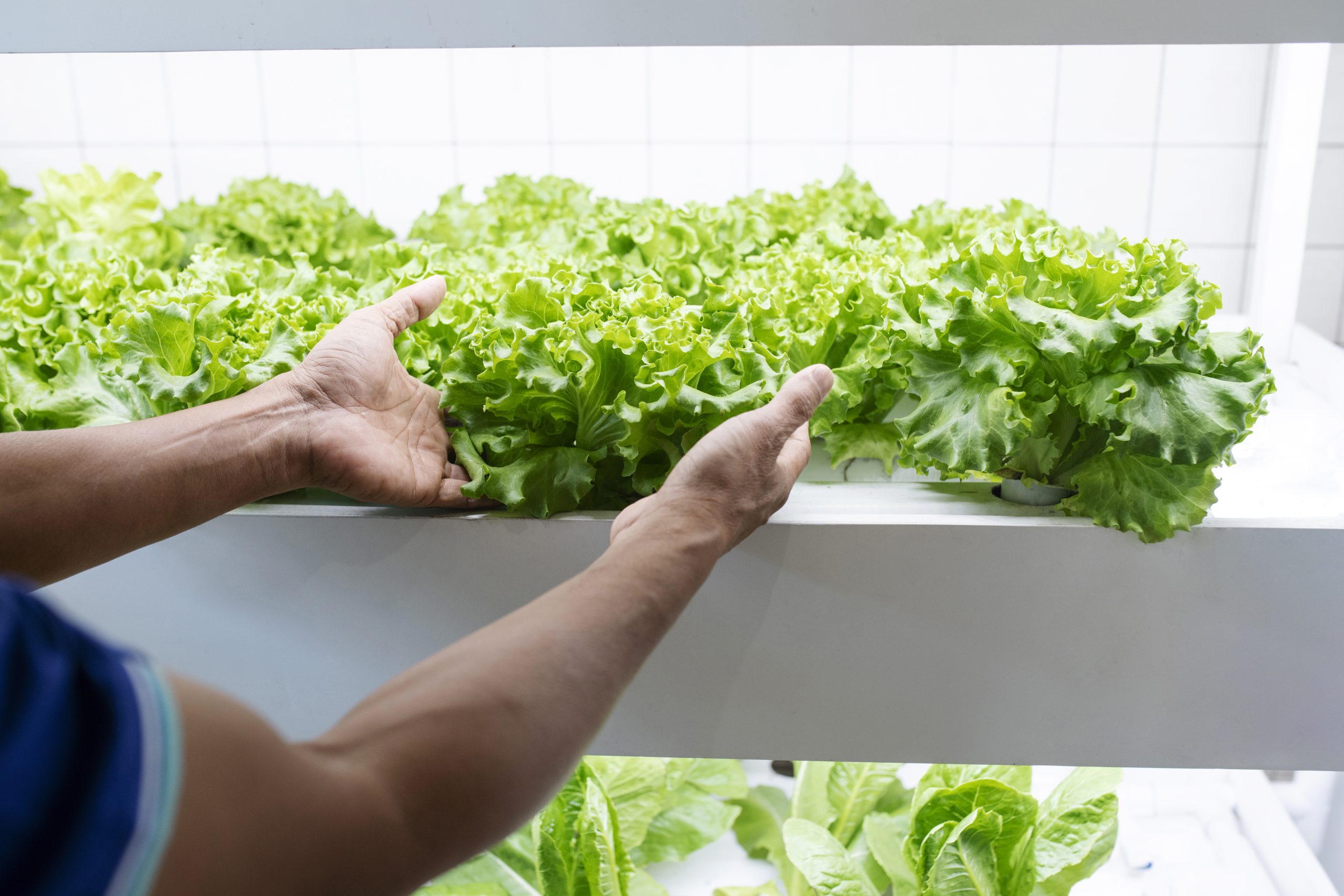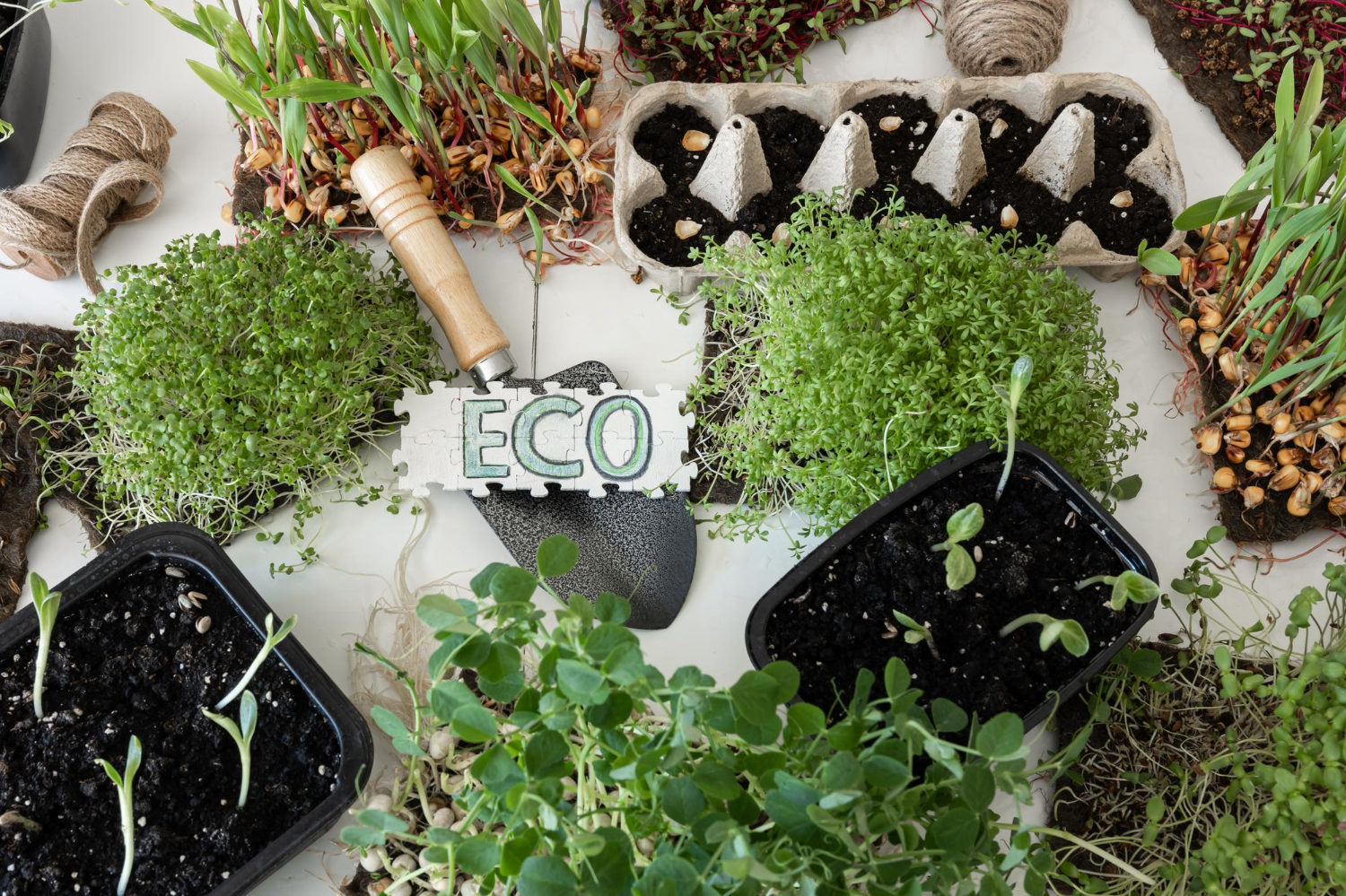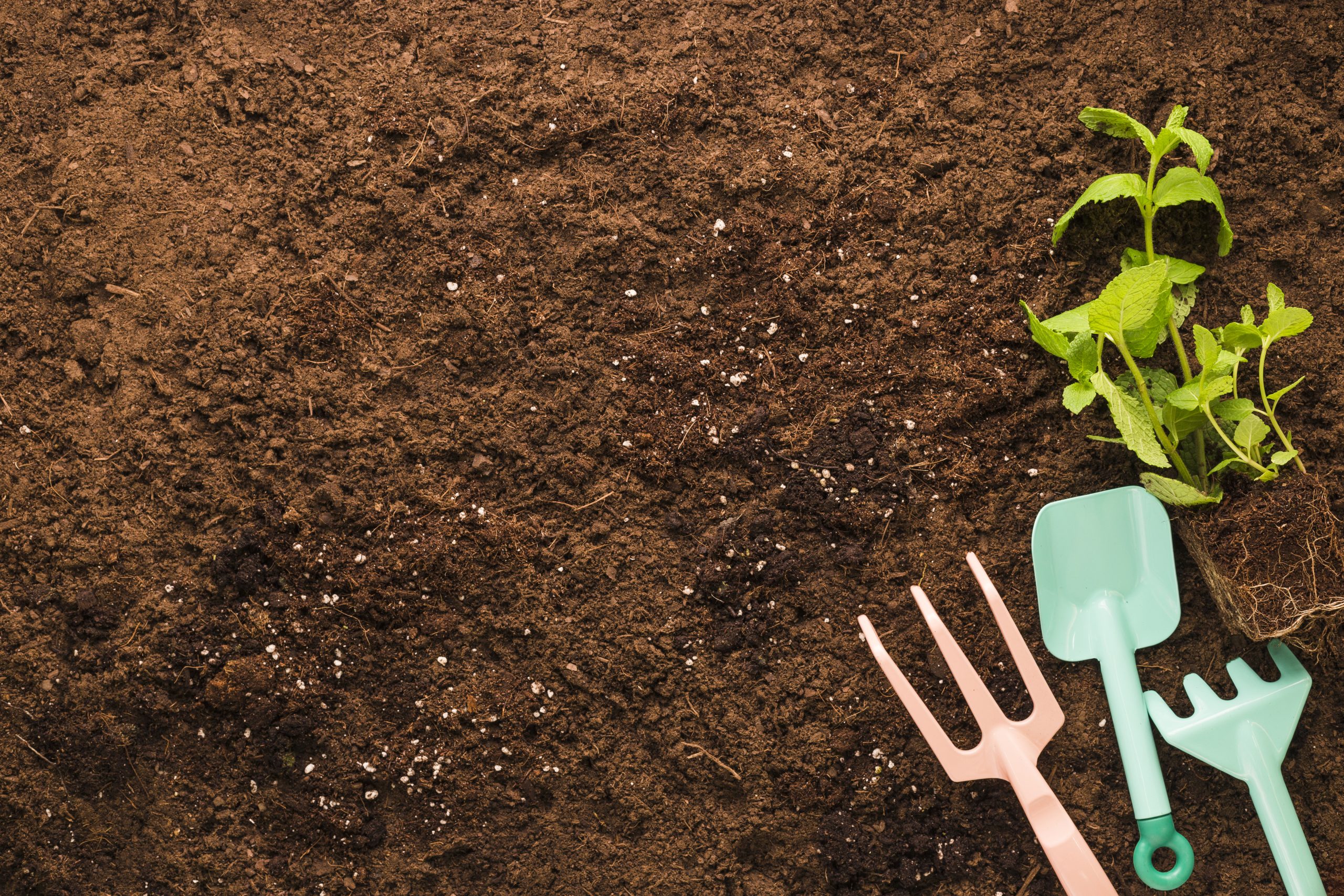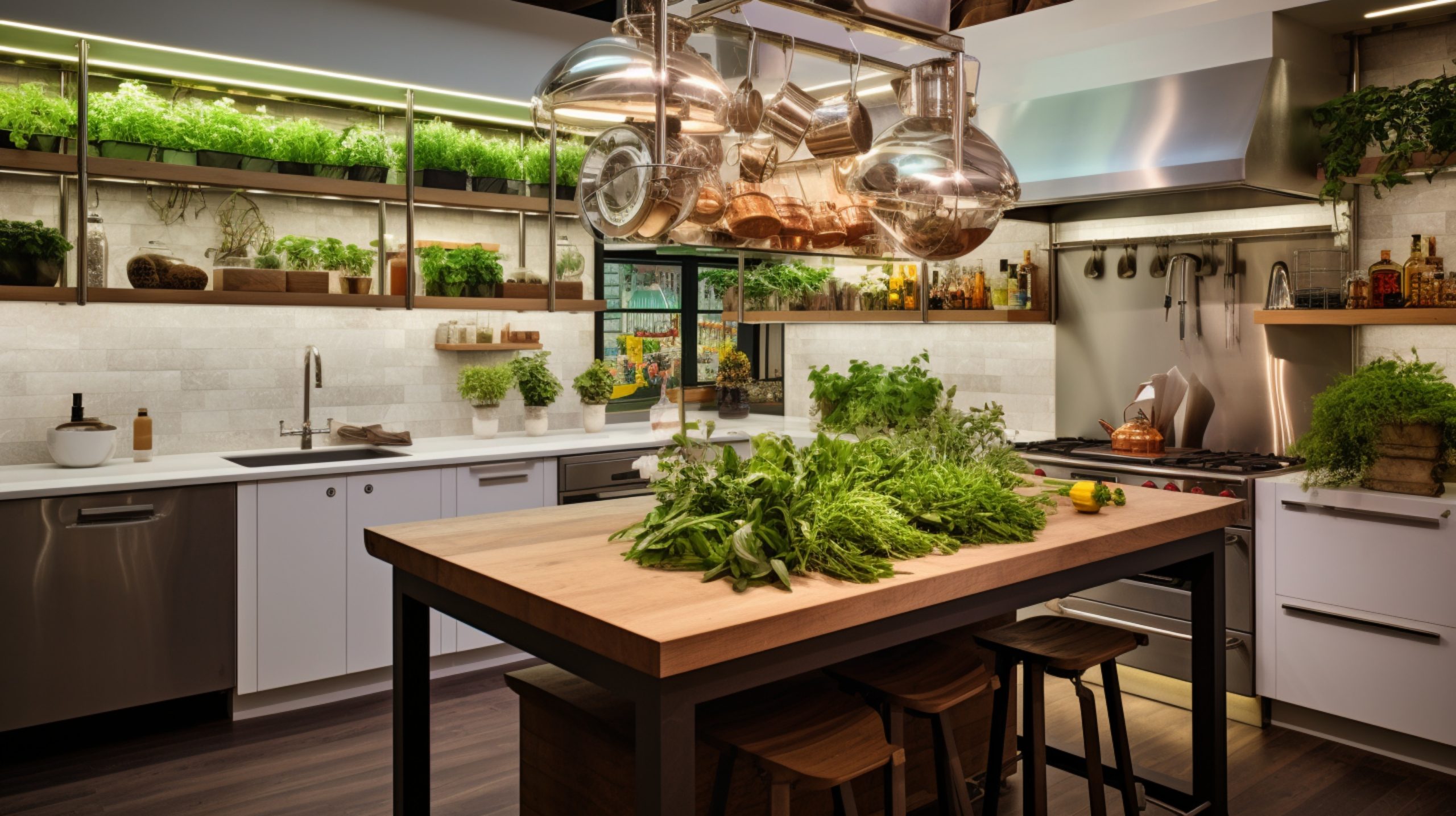How to prepare the soil for planting a vegetable garden?
Dec. 19, 2023

You already have your rental urban garden and the land has to be prepared for planting. Your vegetables will find in it the best companion to grow happily together with sunshine and irrigation.
In this post we help you with this
Publish your garden for free today
How to prepare the soil for planting a vegetable garden?
Once you have chosen the right soil for your garden, it is important to prepare it properly before planting your crops.
- The first step is to remove any weeds or grass on the land. You can do this by hand or by using tools such as a hoe or mower.
- Afterwards, it is advisable to dig the soil to a depth of at least 15 centimetres. This will help loosen the soil and allow the roots of your plants to penetrate easily. You can also add organic matter to the soil, such as compost or manure, to improve the soil structure and increase its nutrient content.
If your garden soil is clayey, you can add sand to improve its texture and prevent it from becoming too compacted. On the other hand, if the soil is sandy, you can add organic matter to increase its nutrient content and improve its water-holding capacity.
Once you have prepared the soil, it is advisable to let it rest for at least a week before planting your crops. During this time, sun and rain will help settle the soil and allow nutrients to mix better.
3. Finally, it is important to plot the rows in which you will plant your crops.
You can do this by using stakes and ropes to ensure that the rows are straight and equidistant. You can also consider the option of using raised beds to grow your plants, which allows you to better control the nutrient content and the amount of water they receive.
Properly preparing the soil for your garden is essential to ensure a healthy and abundant harvest. With these tips you can make sure you have a plot of land ready to plant your crops.
Best practices for maintaining soil quality in your vegetable garden
Once you have prepared your garden plot and planted your crops, it is important to maintain the quality of the soil to continue to ensure a healthy and abundant harvest.
- One of the best practices to achieve this is crop rotation: This involves changing the location of your crops each year to avoid depleting the soil of nutrients.
- Another best practice is to add organic matter to the soil on a regular basis. You can do this by using compost or manure, or even by leaving crop residues on the ground to decompose. This will help to improve the soil structure and increase its nutrient content.
In addition, it is important not to overload the soil with too many nutrients. Too much fertiliser can be detrimental to your plants and lead to excessive foliage growth instead of fruit and vegetables. Use natural fertilisers and follow the application instructions carefully.
- Another way to maintain soil quality is to keep the soil covered at all times. You can use mulch or ground covers to prevent the soil from drying out too much and to protect it from erosion caused by rain and wind.
- Finally, avoid stepping on the ground too much. Constant trampling can compact the soil and hinder root growth. Use paths or tracks to access your crops without stepping on the ground.
By following these practices, you can maintain soil quality in your garden and ensure a healthy and abundant harvest for many years to come.
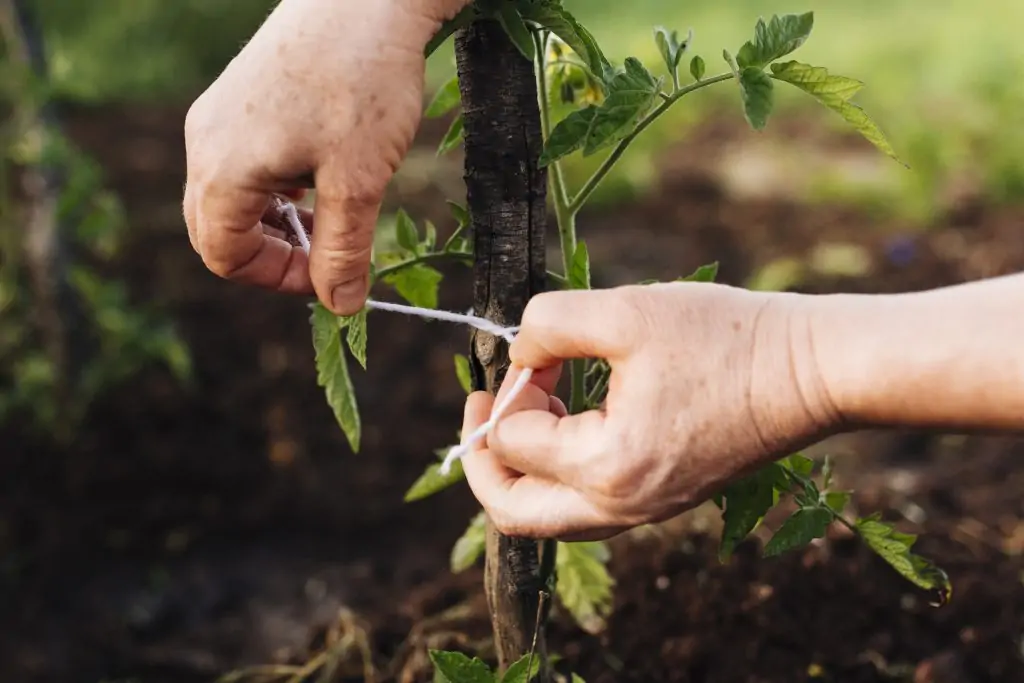
How to improve soil quality on land that is not ideal for a vegetable garden
If you have a plot of land that is not ideal for gardening, don't worry, there are several ways to improve its quality.
- One of them is to use raised beds. These consist of building a raised structure on the ground and filling it with a mixture of soil, compost and manure. Raised beds allow better control of soil quality and can be useful on land with poor soil or drainage problems.
- Another way to improve soil quality is to use cover crops. These are plants that are planted to cover the soil and improve its structure and nutrient content. Examples of cover crops are alfalfa, oats and rye. These crops also help control weeds and prevent soil erosion.
- You can also use techniques such as minimum tillage or no-till to improve soil quality. These techniques involve working the soil as little as possible to avoid compaction and preserve soil microbial life.
- In addition, it is important to use organic fertilisers instead of chemical fertilisers to avoid damaging the environment and to maintain soil health. Organic fertilisers, such as compost and manure, are rich in nutrients and improve soil structure.
- Finally, you should consider installing a drip irrigation system to ensure that your plants receive the right amount of water without wasting it. This will also help to maintain adequate moisture content in the soil.
In short, if you have land that is not ideal for gardening, there are several ways to improve it and ensure a healthy harvest. With these techniques you will be able to enjoy your own crops even in difficult terrain.
Useful tips to maximise the production of your vegetable garden on any type of terrain
Maximising the production of your garden is one of the main goals of any market gardener.
Although soil type can affect the quality and quantity of your crops, there are several tips you can follow to maximise production on any type of soil.
One of the most important tips is to choose crops that are suitable for your area and soil. Some plants may be more resistant to extreme conditions such as drought or cold, while others may require a specific soil to grow properly. Research which plants are best for your conditions and plan your garden accordingly.
Another useful tip is to use techniques such as crop association or crop rotation to maximise production.
- Crop association involves planting different types of plants together, which can help control pests and diseases and increase the quantity and quality of the crop.
- Crop rotation involves changing the location of your crops every year to avoid depleting the soil of nutrients.
It is also important to keep your plants healthy and well fed. Use organic fertilisers and be sure to water your plants regularly. You can also use techniques such as mulching or pruning to improve the health and production of your plants.
Finally, don't forget to harvest your crops regularly.
Some plants, such as green beans or tomatoes, produce more when harvested regularly. In addition, regular harvesting also prevents the plants from overloading and prevents diseases and problems related to excess weight.
By following these tips, you can maximise your garden's production in any type of soil and enjoy a healthy and abundant harvest all season long.
In conclusion, gardening can be a rewarding and healthy activity.
By choosing the right soil, preparing it properly, maintaining soil quality and following useful tips to maximise production, you can enjoy a healthy and bountiful harvest on any type of land.
It is important to remember that proper soil care is essential to ensure the health of your plants and the quality of your crops.
In the exciting world of vegetable gardening, these tips will help you achieve a successful and satisfying harvest.
Latest posts
